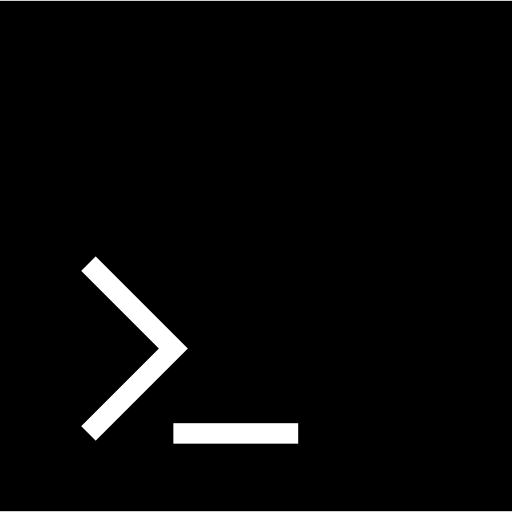Existen muchas formas de tener un Firewall en WordPress… en muchos casos mediante plugins que funcionan con PHP y que sobrecargan el servidor.
Una forma sencilla es incorporar algunas reglas de cortafuegos directamente en el .htaccess que bloqueen peticiones por parámetro, o algunos métodos de conexión, o determinados robots.
Si es así, estos filtros pueden servirte para mejorar tu seguridad.
# QUERY STRINGS
<IfModule mod_rewrite.c>
RewriteEngine On
RewriteCond %{QUERY_STRING} (eval\() [NC,OR]
RewriteCond %{QUERY_STRING} (127\.0\.0\.1) [NC,OR]
RewriteCond %{QUERY_STRING} ([a-z0-9]{2000,}) [NC,OR]
RewriteCond %{QUERY_STRING} (javascript:)(.*)(;) [NC,OR]
RewriteCond %{QUERY_STRING} (base64_encode)(.*)(\() [NC,OR]
RewriteCond %{QUERY_STRING} (GLOBALS|REQUEST)(=|\[|%) [NC,OR]
RewriteCond %{QUERY_STRING} (<|%3C)(.*)script(.*)(>|%3) [NC,OR]
RewriteCond %{QUERY_STRING} (\\|\.\.\.|\.\./|~|`|<|>|\|) [NC,OR]
RewriteCond %{QUERY_STRING} (boot\.ini|etc/passwd|self/environ) [NC,OR]
RewriteCond %{QUERY_STRING} (thumbs?(_editor|open)?|tim(thumb)?)\.php [NC,OR]
RewriteCond %{QUERY_STRING} (\'|\")(.*)(drop|insert|md5|select|union) [NC]
RewriteRule .* - [F]
</IfModule>
# REQUEST METHOD
<IfModule mod_rewrite.c>
RewriteCond %{REQUEST_METHOD} ^(connect|debug|move|trace|track) [NC]
RewriteRule .* - [F]
</IfModule>
# REQUEST STRINGS
<IfModule mod_alias.c>
RedirectMatch 403 (?i)([a-z0-9]{2000,})
RedirectMatch 403 (?i)(https?|ftp|php):/
RedirectMatch 403 (?i)(base64_encode)(.*)(\()
RedirectMatch 403 (?i)(=\\\'|=\\%27|/\\\'/?)\.
RedirectMatch 403 (?i)/(\$(\&)?|\*|\"|\.|,|&|&?)/?$
RedirectMatch 403 (?i)(\{0\}|\(/\(|\.\.\.|\+\+\+|\\\"\\\")
RedirectMatch 403 (?i)(~|`|<|>|:|;|,|%|\\|\s|\{|\}|\[|\]|\|)
RedirectMatch 403 (?i)/(=|\$&|_mm|cgi-|etc/passwd|muieblack)
RedirectMatch 403 (?i)(&pws=0|_vti_|\(null\)|\{\$itemURL\}|echo(.*)kae|etc/passwd|eval\(|self/environ)
RedirectMatch 403 (?i)\.(aspx?|bash|bak?|cfg|cgi|dll|exe|git|hg|ini|jsp|log|mdb|out|sql|svn|swp|tar|rar|rdf)$
RedirectMatch 403 (?i)/(^$|(wp-)?config|mobiquo|phpinfo|shell|sqlpatch|thumb|thumb_editor|thumbopen|timthumb|webshell)\.php
</IfModule>
# USER AGENTS
<IfModule mod_setenvif.c>
SetEnvIfNoCase User-Agent ([a-z0-9]{2000,}) bad_bot
SetEnvIfNoCase User-Agent (binlar|casper|checkpriv|choppy|clshttp|cmsworld|diavol|dotbot|extract|feedfinder|flicky|g00g1e|harvest|heritrix|httrack|kmccrew|loader|miner|nikto|nutch|planetwork|postrank|purebot|pycurl|python|seekerspider|siclab|skygrid|sqlmap|sucker|turnit|vikspider|winhttp|xxxyy|youda|zmeu|zune) bad_bot
# Apache < 2.3
<IfModule !mod_authz_core.c>
Order Allow,Deny
Allow from all
Deny from env=bad_bot
</IfModule>
# Apache >= 2.3
<IfModule mod_authz_core.c>
<RequireAll>
Require all Granted
Require not env bad_bot
</RequireAll>
</IfModule>
</IfModule>Sobre este documento
Este documento está regulado por la licencia EUPL v1.2, publicado en WP SysAdmin y creado por Javier Casares. Por favor, si utilizas este contenido en tu sitio web, tu presentación o cualquier material que distribuyas, recuerda hacer una mención a este sitio o a su autor, y teniendo que poner el material que crees bajo licencia EUPL.

